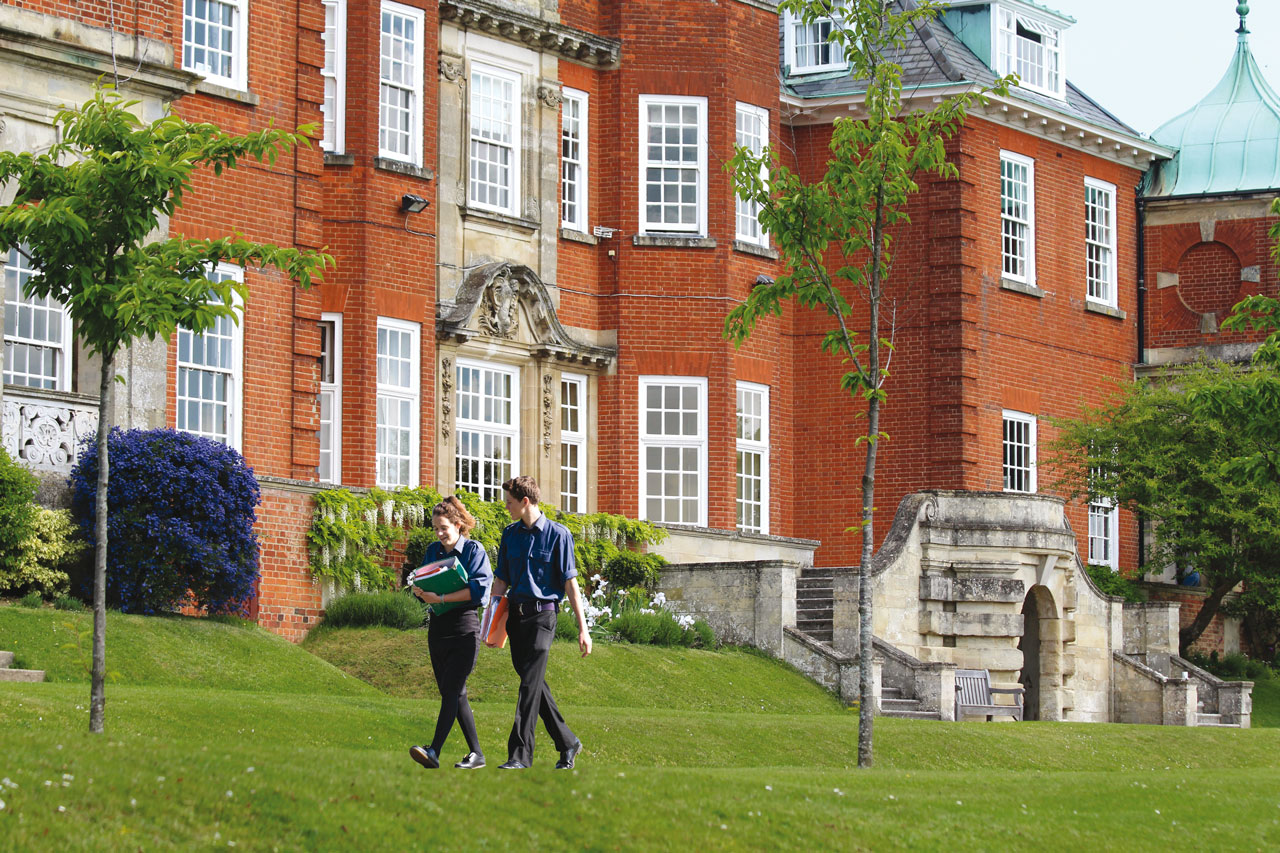Open Days: What You Need To Know
By
6 years ago

One of the perennial dates in the diary at the start of the school year is the open day.
They are exploratory and informal and usually come in two guises; the open day when the school is on show or a midweek visit when the school is in action. You will not necessarily get the chance to speak to senior staff but you can learn a lot just by looking around.
Choose your preferred event
- Saturday Morning Visits
The Saturday morning option offers a snapshot of the school, enabling it to show off all that is best. You will be taken around as part of a group or by a couple of pupils, who can be very frank if pushed, so do ask questions. Chat to them about where they have come from, what subjects they like and why. Rarely is there much evidence of lessons but often existing parents are invited to come as well to see their child immersed in school life. There is also the opportunity for prospective parents to chat.
- Mid-week Tours
Another approach sees the school ‘run as normal’ through mid-week tours. Classroom doors are open, and sports, music, drama and art as timetabled. It invariably includes an address by the head and opportunities to talk to teachers and is seen as a more personal and effective approach. Younger pupils lead tours as they are closer in age to prospective children.
- Taster Days
Schools offering the ‘on-going’ approach understand that parents have differing needs and try to be more flexible in accommodating those requirements. ‘Taster’ days take place throughout the year for limited numbers ensuring a more individual experience. Question and answer sessions, run by the head and senior staff, occur at both events, and, at the ‘taster days’, children have the opportunity to enjoy academic and sporting sessions, and sometimes even a night of boarding.

Open days provide an opportunity for parents to see a school, such as Pangbourne College, at work
Find out what the school can offer you
Whichever way they do it, prospective parents can expect, and deserve, a school’s full attention and genuine interest. You will not, nor should you expect however, to get all the answers. An open day is exploratory.
When you go to any school, try to have your thoughts clear and your questions ready. Brandishing a list of questions, which you then fire out like rifle shot will certainly not help. Above all, a list can inhibit the natural flow of conversation with any head teacher and can cause you to miss many of the more important points that he or she may be making in a desire to get to the final question.
Checklist: Ten Questions
- Do you like and respect the housemasters, tutors and the head who will guide your child for the next five years?
- Is the school interested in your child and their interests?
- Ask pupils what’s going on. Look at the notice boards. Note recent speakers.
- Examinations: make sure the school caters for your needs, especially if you plan to move your children.
- Talk to teachers. Are they passionate and committed? How many live on campus?
- How is the school managing modern technology and the web? Visit the library.
- Ask about follow-up visits and taster days before committing.
- How does the pastoral system work? Ask to meet tutors, matrons and houseparents.
- If you are worried about the entrance criteria, speak to the registrar. Be honest about learning difficulties.
- If your child has a ‘gut’ feeling, listen.
Above all, as a prospective parent, you should feel valued from the moment you make contact. You are about to commit your child’s education and future to that school, as well as make a considerable, sustained financial commitment. You should be accorded the time and interest in your needs and those of your child.

You will likely have a chance to see lessons, such as this at Wellington College, in action.
Working together
Remember too that respect works both ways and parents should appreciate the professionalism of so many independent schools in the UK that produce, year on year, remarkable academic achievements and outstanding opportunities for your child.
You will be embarking on a partnership; working with the school for the future education of your child. Consult widely by talking to existing parents, consider carefully – for different schools will suit different children – then choose wisely and enjoy a successful partnership with your child’s new school.
Finally, follow your gut instinct and don’t worry. When the day comes for your child to leave for their first term, smile through those tears. Heads will tell you how the attitude of a parent to boarding can influence a child’s entire school career.
READ MORE: Five of the Best School Libraries | A Celtic Education: Irish Schools



